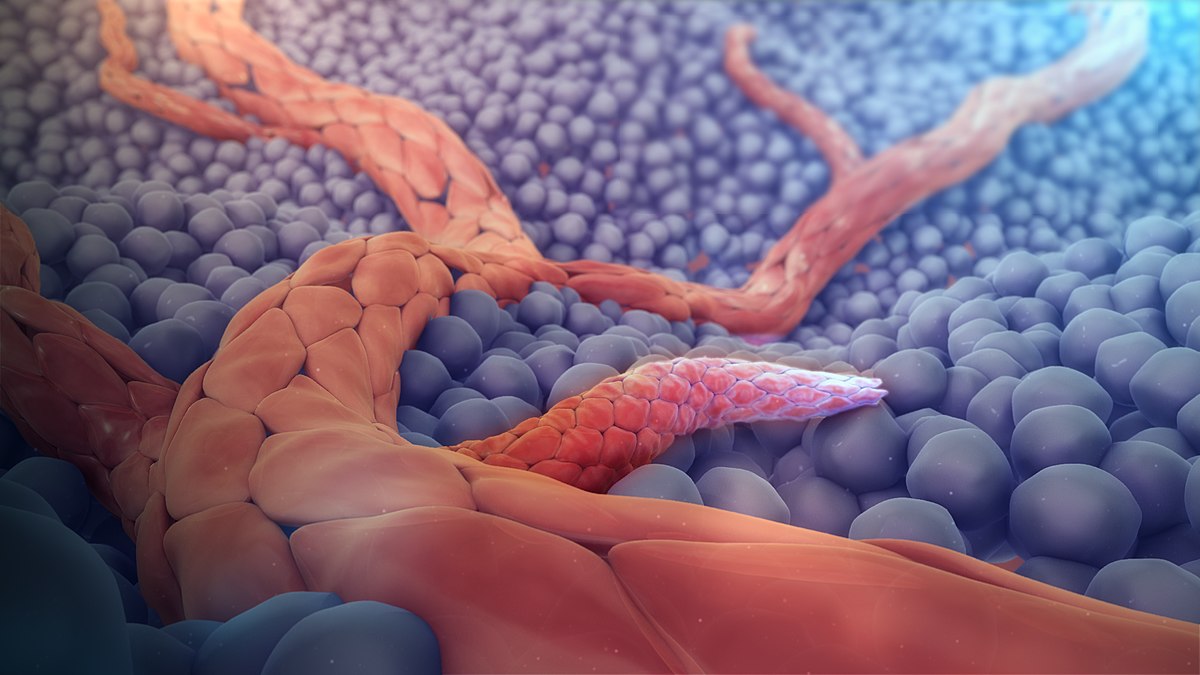What is inhibition of angiogenesis?
In my previous article, I explained about Fucoidan effect and inhibition of angiogenesis. Hence, at this time, I am going to share more details as I explain how fucoidan inhibits angiogenesis. Angiogenesis is the formation of new blood vessels from existing blood vessels. When an injury occurs, angiogenesis occurs to cure the wound, but it also occurs during the cancer growth process. Cancer cells try to form blood vessels to get the oxygen and nutrients they need to grow.
Once the angiogenesis suppressed, the cancer cells cannot make new blood vessels and cannot grow. It is also known as cancer cells being metastasized when they grow using new blood vessels. So, we need to prevent cancer cells from metastasizing further.

According to Yu Wang, “Biological Activities of Fucoidan and the Factors Mediating Its Therapeutic Effects: A Review of Recent Studies,” one of the mechanisms of action through fucoidan in the treatment of tumors is to inhibit angiogenesis. Anti-angiogenic drugs have become increasingly popular as vascular-targeted drugs improve the microenvironment of cancer. Fucoidan inhibits angiogenesis through regulation of the expression of VEGF and endothelial cell plasminogen activator inhibitor-1. At the same time, the control of matrix metalloproteinases (MMPs) and chemokine CXCL12 can inhibit cell migration. Fucoidan persulfate reduces the disruption of basement membranes and cell migration. It inhibits HUVEC (cells derived from the endothelium of veins from the umbilical cord that used as a laboratory model system) angiogenesis on Matrigel. Fucoidan isolated from the brown seaweed Sargassum is capable of inhibiting the angiogenesis of human endothelial cells dose-dependently. Fucoidan also promotes angiogenic activity. Fucoidan has pro-angiogenic properties, and through its ability, it modulates heparin-binding growth factors such as FGF-2 (a potent angiogenic molecule). At antithrombotic concentrations, fucoidan enhances FGF-2-induced angiogenesis by regulating the expression of angiogenic surface proteins (mainly α6).
